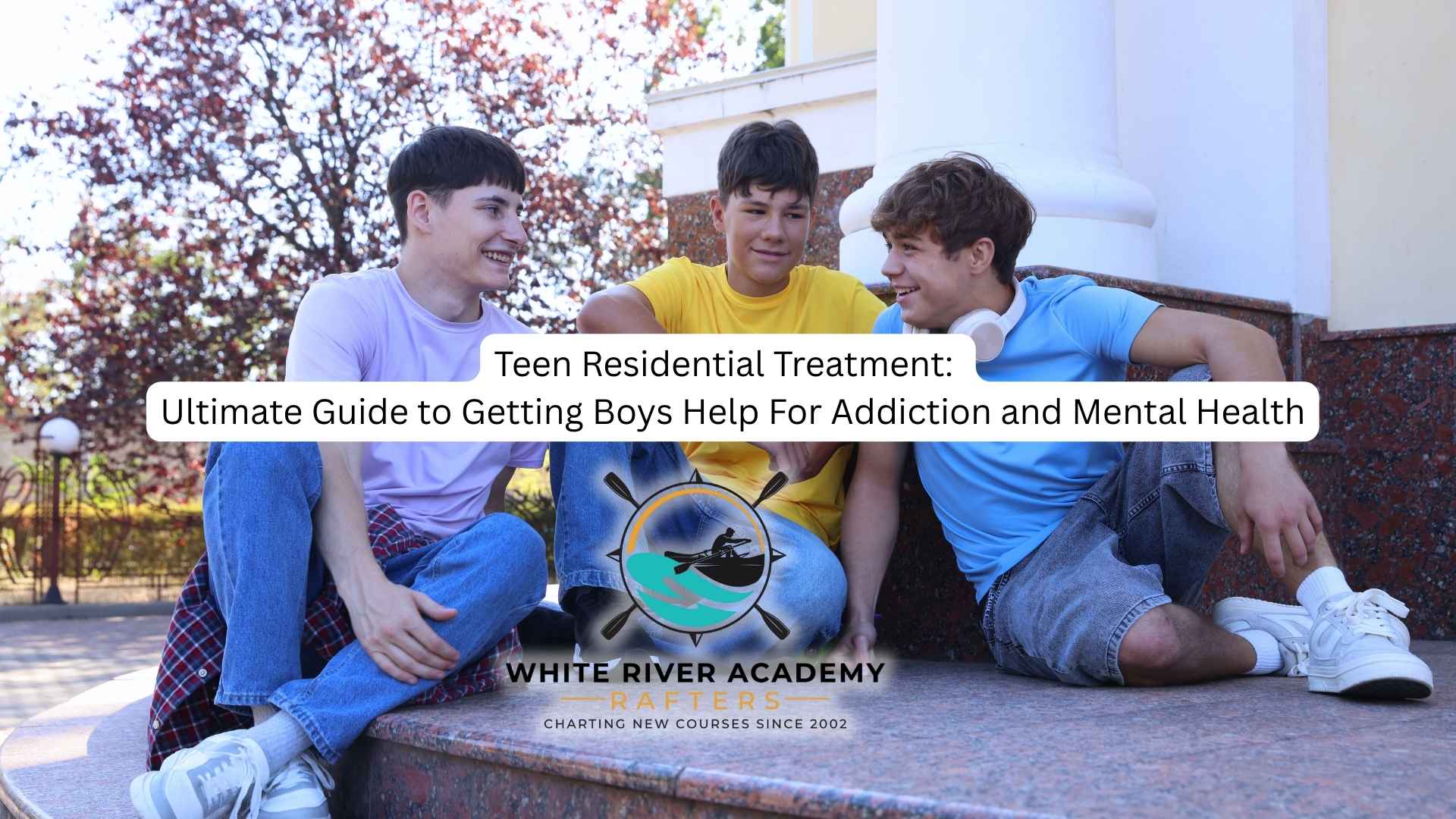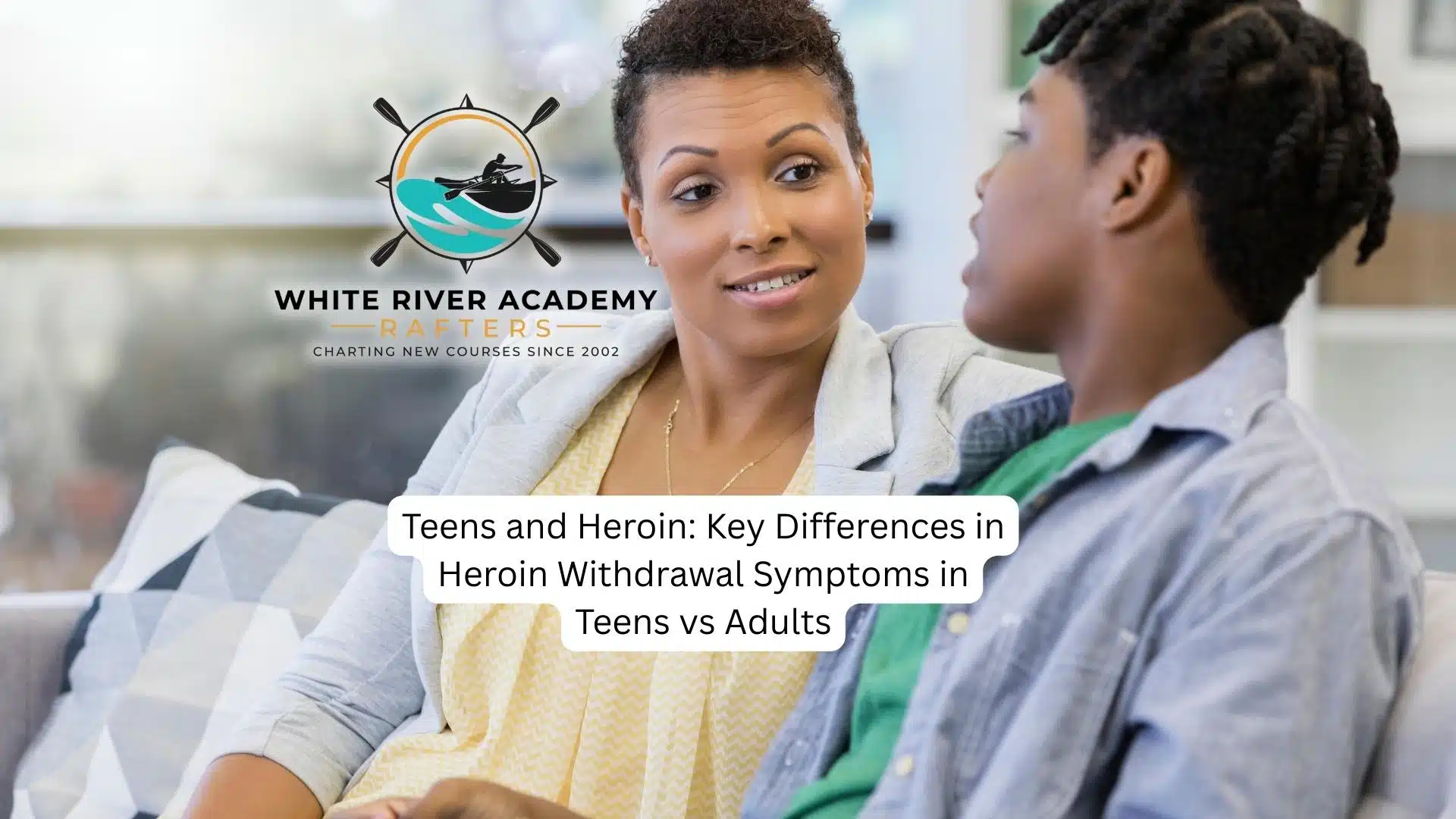There are many reasons why teens may resist attending school—ranging from anxiety and bullying to family stress and academic pressure. When refusal stretches into prolonged absences, education, emotional health, and future opportunities are at risk.
This article will explain why some teens refuse school, how that behavior is linked to mental health and substance concerns, and practical steps parents can take to break the cycle.
Understanding School Refusal and Its Risks
School refusal is not simply truancy—it often reflects deeper emotional distress. Anxiety-related school refusal is strongly associated with disorders such as separation anxiety, generalized anxiety, and depression. Other cases overlap with conduct disorder or oppositional defiance, especially when refusal is mixed with truancy. Compounding factors like bullying, negative peer relations, and cyberbullying can exacerbate emotional suffering and accelerate school avoidance.
When teens avoid school for long periods, they face serious consequences: declining academic performance, social withdrawal, and elevated risk for harmful coping behaviors—including early substance use. Studies suggest that adolescents with school refusal are more likely to later experience depression, anxiety, suicidal ideation, and even substance abuse issues.
This is where early, specialized support can make a difference. Our therapeutic programs for troubled boys in Utah are designed to address these complex issues head-on, providing structured, compassionate care that targets both emotional health and behavioral recovery—before the cycle deepens.
Common Underlying Factors
Emotional Disorders and Family Dynamics
Research shows that problematic family patterns—such as over-dependency (especially close relationships with one parent), high conflict, family isolation, and lack of flexibility—can reinforce avoidance behaviors. Emotional dysregulation is often found in both the school-refusing child and their parents. Parents may experience heightened anxiety, depression, or emotional dysregulation themselves, which can either be a response to their child’s distress or a contributing factor that is modeled and transmitted within the family environment.
School Environment and Belonging
A lack of connectedness at school can trigger avoidance. When adolescents feel unsafe, isolated, or unsupported—especially after bullying or social exclusion—their mental well‑being suffers and school becomes a source of dread rather than growth.
Peer Influence and Substance Risk
Academic or peer pressures can push teens toward unhealthy coping strategies. Those disengaged from school may start experimenting with drugs or alcohol to numb anxiety or loneliness. Signs of early substance use often appear alongside absenteeism and emotional withdrawal.

Practical Steps for Parents and Caregivers
Collaborative Assessment and Intervention
Work with healthcare professionals, school staff, and mental health specialists to identify the root causes—whether anxiety, learning difficulties, or social problems. Treatments often combine CBT, exposure-based strategies, and family involvement to gradually rebuild attendance and emotional resilience.
Establish Structure and Small Goals
Introduce a predictable daily routine with sleep, wake-up, homework, and break times. Encourage small steps—such as coming to school for just part of the day or starting with one class at a time. This lowers emotional barriers and builds momentum toward full attendance.
Build Connection and Alternatives
Talk with your teen boy about what aspects of school feel manageable—friends, favorite subjects, supportive teachers—and gradually reintroduce those positives. Schools may offer reduced hours, alternate pathways, or counseling support. Open dialogue and shared planning enhance a sense of control and belonging.
Address Mental Health and Substance Risk
Consult a mental health professional early if you notice signs of anxiety, depression, or preoccupation with substances. Therapy can teach coping strategies and emotional regulation. If substance use is present, treatment must address both emotional needs and addiction risk simultaneously. Adolescents facing dual challenges benefit most from comprehensive and integrated care.
Final Thoughts from White River Academy
When a teen refuses to go to school, it often reflects emotional distress, anxiety, or emerging addiction—symptoms that deserve attention, not punishment. By identifying underlying causes, offering structured support, and engaging professionals, caregivers can help teens reclaim their education, emotional wellness, and future potential.
At White River Academy, we specialize in therapeutic programs for troubled boys in Utah, combining mental health support, addiction prevention, and behavioral rehabilitation in a safe, structured environment. Our multidisciplinary teams collaborate with families and schools to tailor interventions that help young boys build emotional resilience, rebuild academic engagement, and avoid the destructive spiral of substance use.




